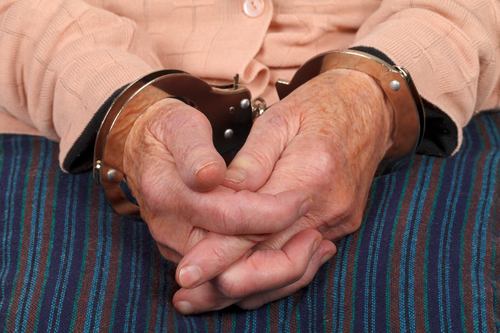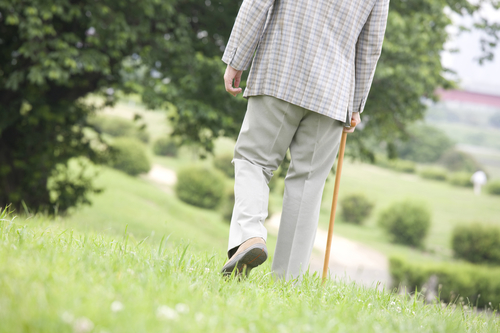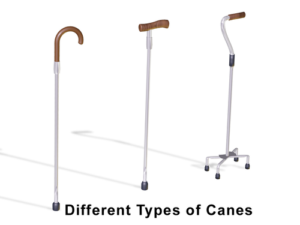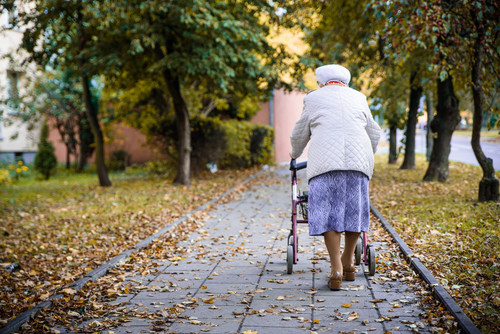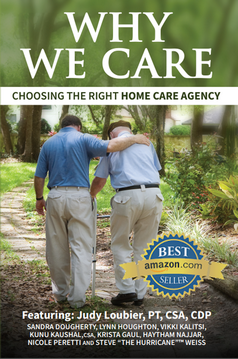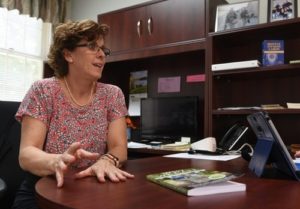It seems like seniors are always getting taken advantage of these days. Seniors are vulnerable because they may be alone, trusting, or have some cognitive impairments. It’s sad that people take advantage of seniors, but here are 10 ways to avoid identity theft.

10 Ways to Avoid Identity Theft
Around 17 million people are victims of identity theft every year. This happens when someone gets your information via Social Security number, bank, or credit card number.
1. Guard Your Personal Information
This may seem obvious, but don’t ever give your Social Security number, credit card number, and checking or savings account numbers to anyone. The only time you should do this is if you know and trust the other person.
Also don’t carry your Social Security card on you and don’t carry around your Medicare card unless you’re going to the doctor.
2. Get Off Mailing Lists
A great way to put a stop to preapproved credit card offers is to get off mailing lists. These are a gold mine for identity thieves.
Ways to get off these lists is going to optoutprescreen.com or calling 888-567-8688. They will ask for your Social Security number and date of birth.
You can stop junk mail at dmachoice.org and reduce telemarketing calls at donotcall.gov.
3. Use Strong Passwords
Never use passwords that are easy to hack, like 1234 or 0000. Make your computer passwords more than 8 characters long, with uppercase and lowercase letters, numbers, and symbols like # and %.
Also use different passwords for different accounts. If you have a hard time remembering them all, try a password manager service.
4. Be Wary of Unknown Emails
Don’t click on links in emails from strangers, or those to claim to be from the Social Security Administration, IRS, other government agencies, your bank, phone, or credit card company that are warning of a “problem.”
Clicking the link can cause identity stealing malware to be installed on your computer. You should install antivirus software and automatic security updates and weekly scans.
5. Secure Your Mail
Empty your home mailbox quickly or buy a locked mailbox, so that identity thieves can’t get access to it.
You should also mail any payments from the mail office instead of your home mailbox.
6. Get Safer Credit Cards
If you don’t have one already, get an EMV chip credit card from your credit card provider. They are much more difficult for thieves to hack than the magnetic strip cards.
7. Shred Unneeded Documents
Buy a crosscut paper shredder so you can get rid of unneeded records, receipts, statements, preapproved credit offers, or other papers you throw out that has your financial or personal information.
8. Monitor Your Accounts
Review your monthly bank and credit card statements carefully. See if your bank or credit card issuer offers free alerts that will warn you of suspicious activity as soon as it’s noticed.
If they do, you should sign up for them.
9. Watch Your Credit
Check your credit report at any safe site to do so. You can also receive one free report a year from each of the 3 major credit bureaus, Equifax, Experian, and TransUnion.
Think about spacing out your requests so you can get a free copy every few months.
10. Set Up Security Freezes
If you don’t plan to apply for any new credit cards, loans, insurance, or utility services, freeze your credit reports. This way no one can open new accounts in your name.
Rules vary by state, but the $5 to $20 fee is waived if you’re 65 or older or if you show proof of past ID theft.
You can set up freezes at any and all three credit bureaus at equifax.com, experian.com, and transunion.com.
Read more here.




